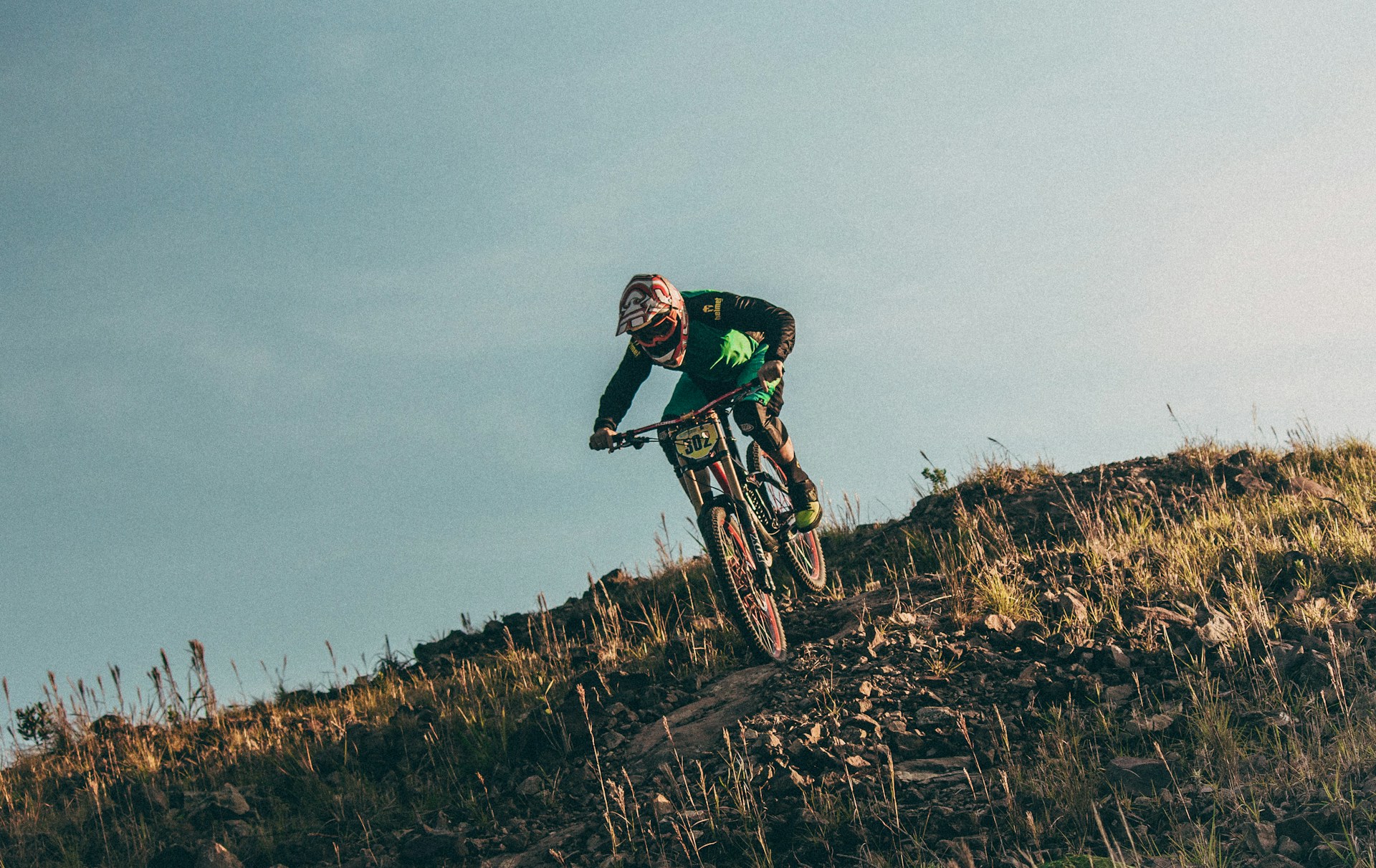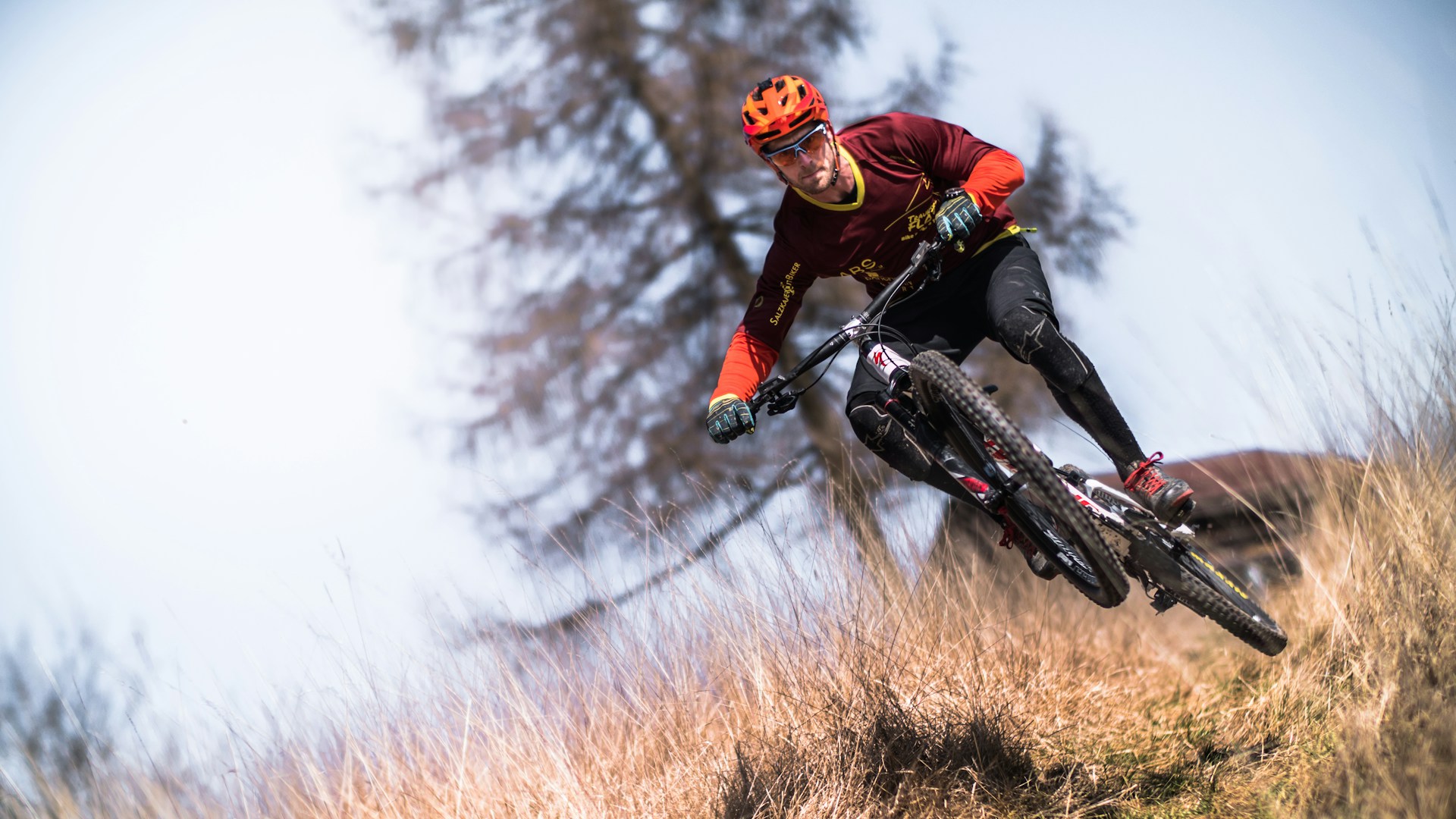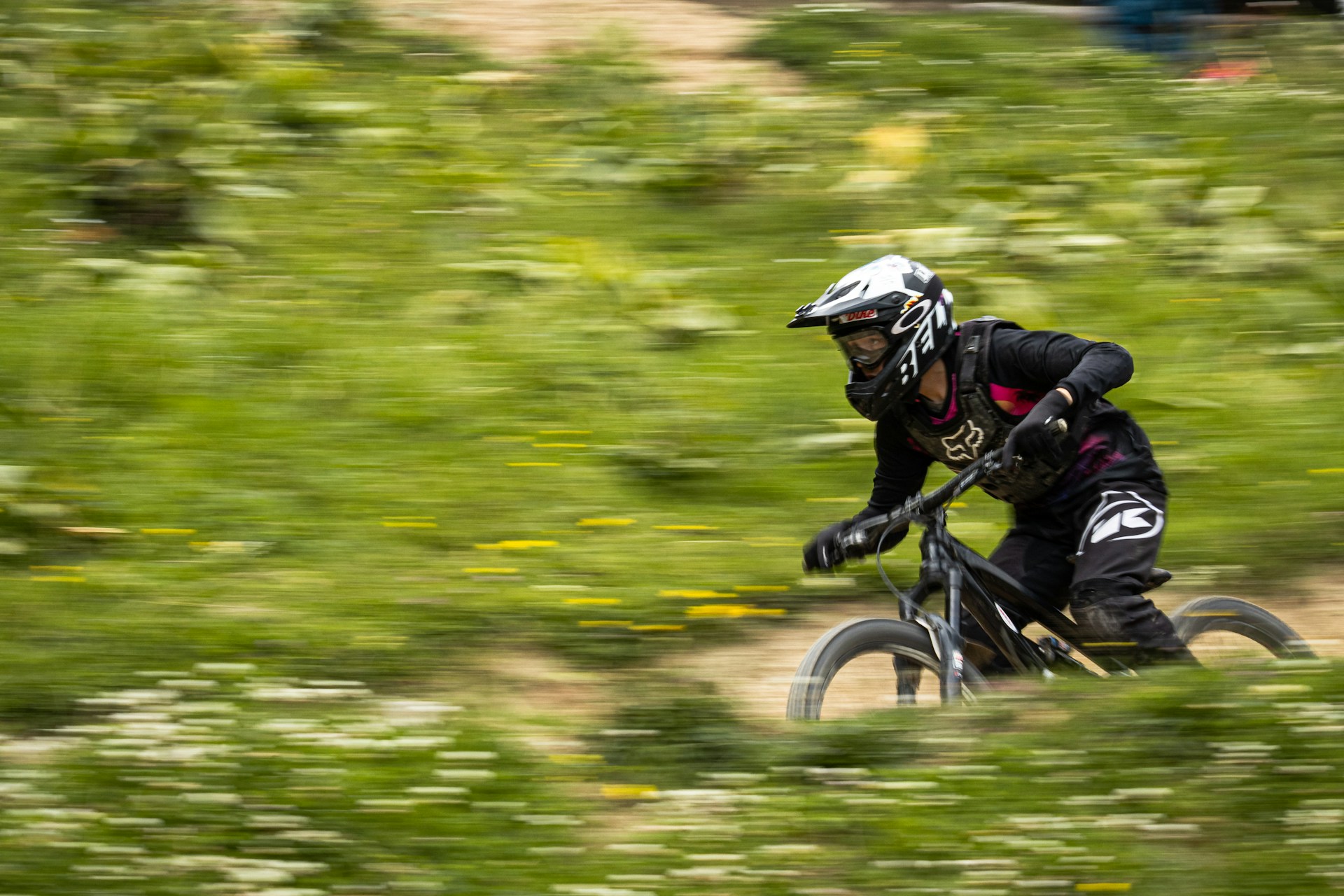Mathieu van der Poel, one of the most versatile and talented cyclists of his generation, has made a crucial decision regarding his participation in the Paris 2024 Olympics. Despite his remarkable ability to excel in multiple cycling disciplines, Van der Poel has opted to compete solely in the road race, ruling out the possibility of participating in mountain biking. This choice has sparked intense debate within the cycling community about whether it is a wise decision or a missed opportunity for a historic Olympic double.
Danny Nelissen, a former cyclist and commentator, is convinced that Mathieu van der Poel has made the right decision. Speaking on the Launch Party podcast of RIDE magazine, Nelissen expressed: “There’s nothing better than being crowned Olympic champion under the Sacré-Coeur as a Dutchman also named Mathieu.” Nelissen was referring to Mathieu Cordang, a Dutch cyclist who won gold in the three-kilometre event at the 1900 Paris Olympics, although his victory was not officially recognised at the time.
For Nelissen, the idea of combining both disciplines was not feasible. “At some point, you have to choose. They are two different bikes and require different efforts. Besides, the level in mountain biking is too high to do both equally well. Not even if you are Mathieu,” he asserted. According to him, attempting to compete in both disciplines could have been a distraction that prevented Van der Poel from achieving success in either.
Risk of Losing a Unique Opportunity
Nelissen emphasised the importance of focusing on a single goal to maximise the chances of Olympic success. “There aren’t many opportunities to become an Olympic champion. It’s something that’s still missing from his palmarès,” he noted. The pressure and physical demands of participating in both disciplines could have compromised Van der Poel’s performance, causing him to miss the chance of winning gold in one of them.
The Strategy of Raymond Kerckhoffs
Raymond Kerckhoffs, another cycling expert, has observed a clear trend in Van der Poel’s season planning in recent years. “From last year, he started making decisions,” he remarked. Van der Poel, who is also a world champion, has limited his participation in races to seven days so far. Although he plans to compete in the Tour de France, it does not seem he will exceed the 46 days of road racing he completed last year. For many, this strategy of reducing his competition load could be beneficial.
Focusing exclusively on the road race at the Paris Olympics may seem surprising to some, given Van der Poel’s success in mountain biking. However, it is a choice that reflects a calculated and strategic approach. Dedicating himself entirely to one discipline allows him to concentrate his efforts and increase his chances of success, rather than spreading his energy thin and risking underperforming in both.



